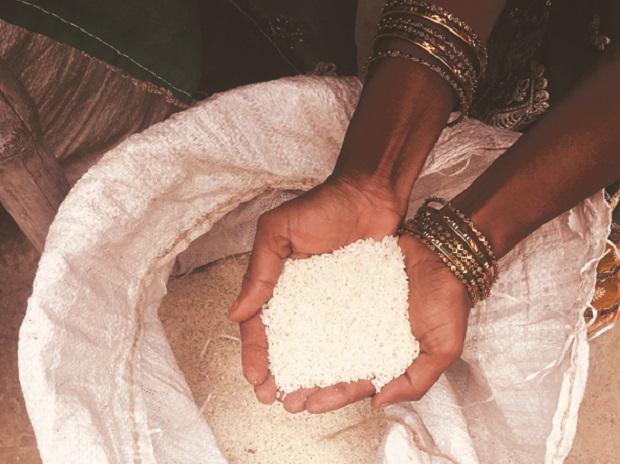FAO: Coronavirus hits Asian food security, as millions go hungry

The prolonged pandemic and surging prices are undermining food security for millions of people in Asia, with 1.8 billion lacking access to healthy diets, a report by the UN’s Food and Agricultural Organization said Wednesday.
The report says access to food worsened in 2020 and deteriorated further this year as governments struggled to keep outbreaks at bay by restricting travel and other activities.
With progress toward alleviating hunger stalling, the FAO is urging comprehensive measures to improve food security, part of a push toward what experts call a food systems” approach.
David Dawe, senior economist at the FAO’s regional office for Asia and the Pacific, said the organisation’s food price index rose by nearly a third in the past year. The price of vegetable oils, which are critical for health, soared 74 per cent, he said.
Rising global commodity prices affect the costs for consumers, in another blow to the poor, who spend a large percentage of their income on food and are struggling to recover from the impacts of COVID-19.” Dawe said.
Food producers have also faced more recent challenges after the initial impact of the pandemic including rising fuel and fertilizer prices, he said.
A transformation of systems to improve food security needs to revolve around the needs of the many small-scale farmers in the region and other vulnerable groups such as indigenous peoples, women and children, the FAO report says.
It notes that nearly 16 per cent of people in South Asia are undernourished and that for the region as a whole undernourishment is at its highest level in a decade, at 8.7 per cent.
Access to adequate food is worst in North Korea, with more than 40 per cent of its people undernourished. But hunger is an urgent problem also in Afghanistan, Papua New Guinea and East Timor.
Conditions across the region are still better than they were in 2000, but progress in recent years has slowed and in some cases reversed. In 10 countries in the region, more than 30 per cent of children under 5 years old suffer from stunting, or low height for age a common measure for how well fed they are. In another eight countries, between 20 per cent-30 per cent do.
Such deprivation has long-lasting consequences, as children suffer from weaker health and fail to achieve their full potential.
Millions among those children suffer from wasting, a potentially more dangerous condition due to inadequate food or prolonged illness. In 2020, more than 31 million children in the Asia-Pacific were affected by wasting, and that number could rise to 40 million by the end of 2022 if current trends continue.
The FAO and others working on hunger are urging that efforts focus on broader issues than just raising the amount of food that is produced a crucial step but one that does not ensure families can actually afford healthy diets.
The challenge is in devising policies to improve food systems to cope with pandemics, natural disasters, poverty, political instability and other challenges that get in the way of improved access to enough food.
(Only the headline and picture of this report may have been reworked by the Business Standard staff; the rest of the content is auto-generated from a syndicated feed.)
 Dear Reader,
Dear Reader,
Business Standard has always strived hard to provide up-to-date information and commentary on developments that are of interest to you and have wider political and economic implications for the country and the world. Your encouragement and constant feedback on how to improve our offering have only made our resolve and commitment to these ideals stronger. Even during these difficult times arising out of Covid-19, we continue to remain committed to keeping you informed and updated with credible news, authoritative views and incisive commentary on topical issues of relevance.
We, however, have a request.
As we battle the economic impact of the pandemic, we need your support even more, so that we can continue to offer you more quality content. Our subscription model has seen an encouraging response from many of you, who have subscribed to our online content. More subscription to our online content can only help us achieve the goals of offering you even better and more relevant content. We believe in free, fair and credible journalism. Your support through more subscriptions can help us practise the journalism to which we are committed.
Support quality journalism and subscribe to Business Standard.
Digital Editor
business-standard.com

